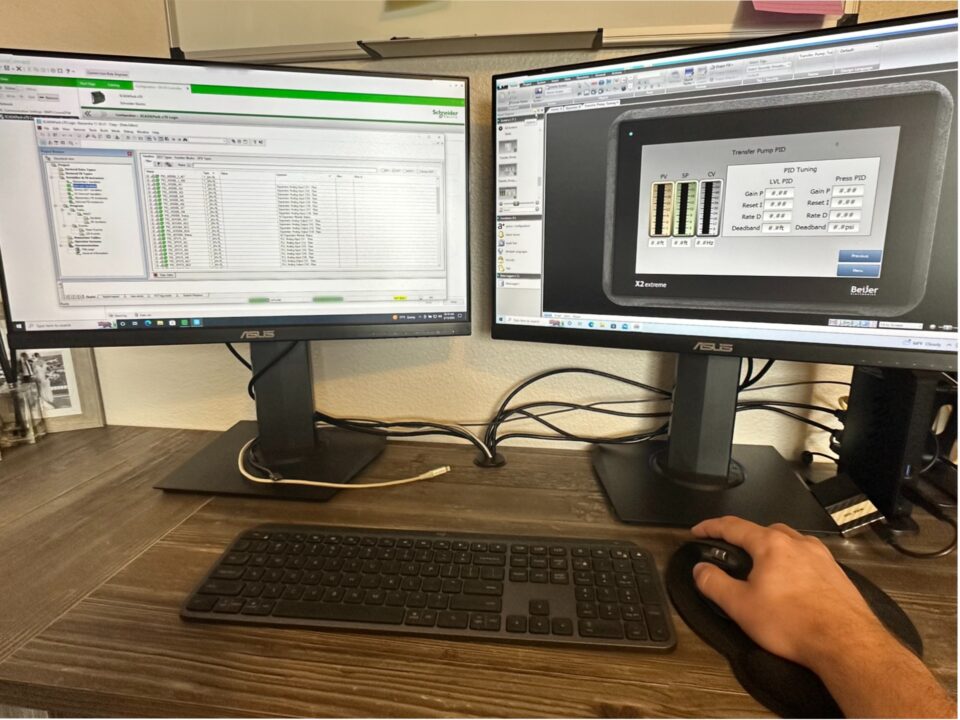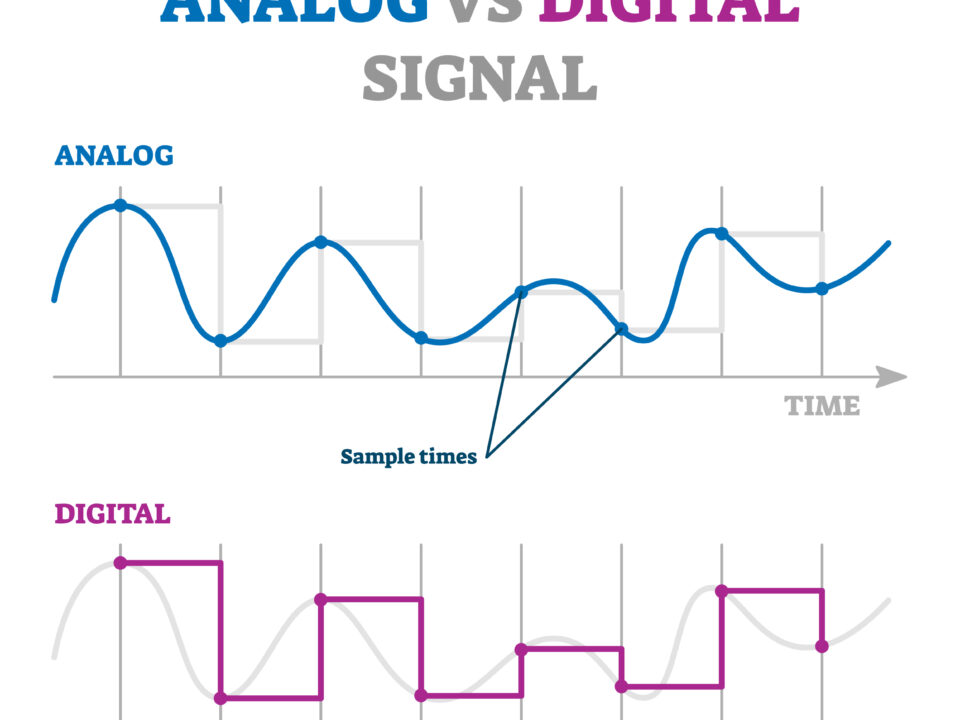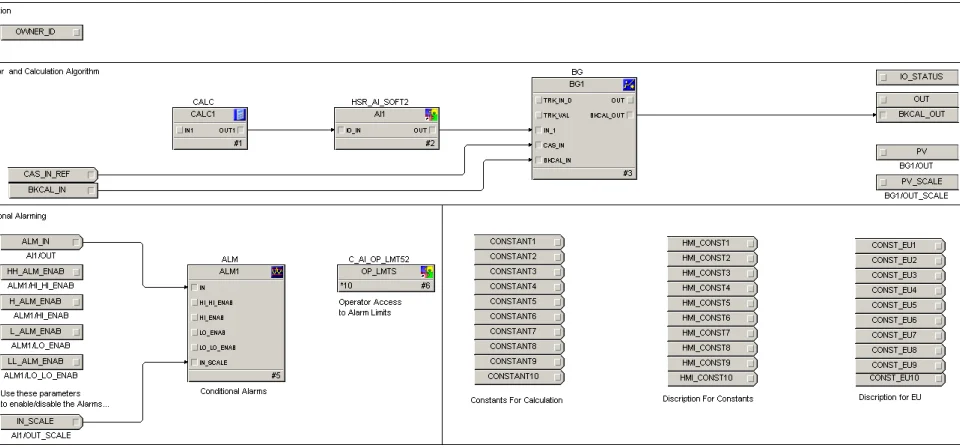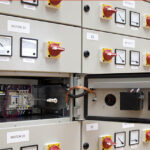
Electric Motor Control
November 29, 2022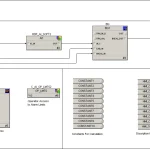
Function Block Programming
February 27, 2023As a contractor that installs wiring on almost every job, the acronyms and terminology used to describe the different types and characteristics of cables can be confusing. Keep on reading if you’d like to learn the details about the different wires and cables used by electricians across North America.
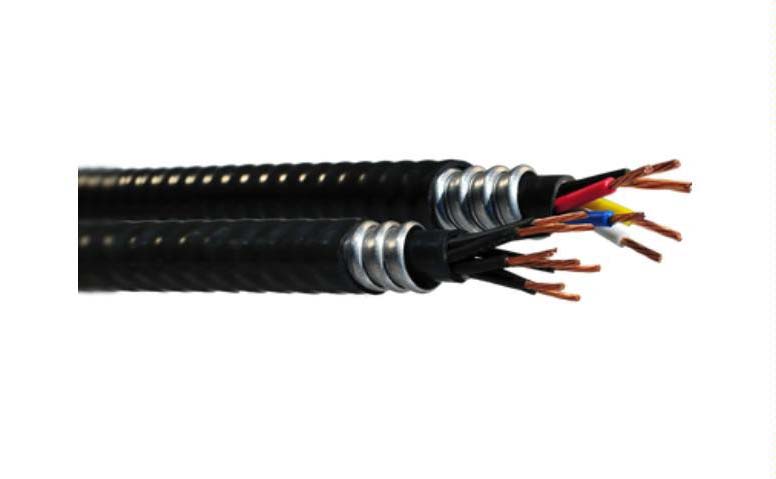
TECK90: A type of cable that is commonly used in industrial settings. It has a rigid aluminum sheath that offers mechanical protection from cutting and crushing to protect people & machinery from short-circuiting. The aluminum is coated with a PVC material. The copper cable inside the aluminum sheath is insulated and carries the electrical current. It’s designed to be extremely durable and resistant to impact, abrasion, and corrosion.
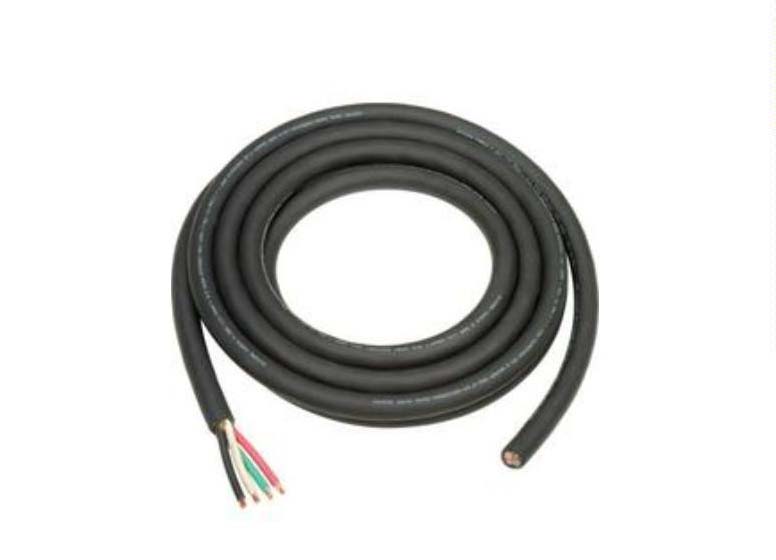
SOOW: “Service Oil Resistant Outer Jacket”, is a type of rubber-coated wire that is used in a variety of settings. SOOW cable is typically made from a combination of copper conductors and rubber insulation. The copper conductors provide electrical conductivity, while the rubber insulation provides protection against moisture, heat, and chemicals.
SOOW cable is designed to be flexible and easy to install, which helps to reduce the time and cost associated with cable installation.
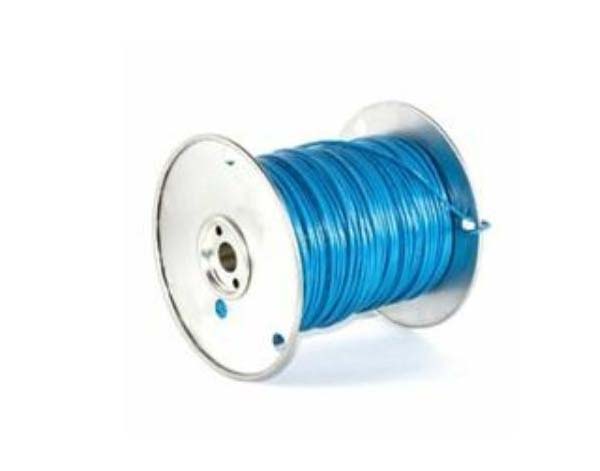
TEW: “Thermoplastic-coated Electrical Wire”, is a single conductor that is coated in a plastic material to protect it from moisture, chemicals, and other environmental factors. It is commonly used in industrial and commercial settings where the wire is exposed to harsh conditions. Due to its flexibility, TEW is great for use when wiring control panels. We use this almost exclusively in our control panels as it’s available in a large variety of gauges & colors.
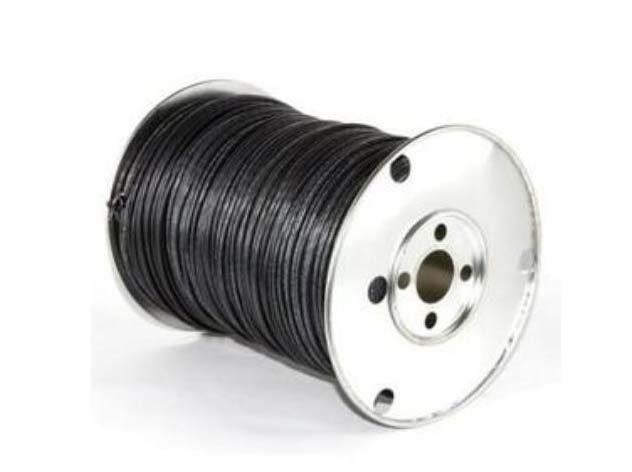
RW90: RW90 is a single conductor copper wire that is commonly used in residential and commercial electrical systems. It is designed to be flexible and easy to work with and is available in a variety of gauges and colors.
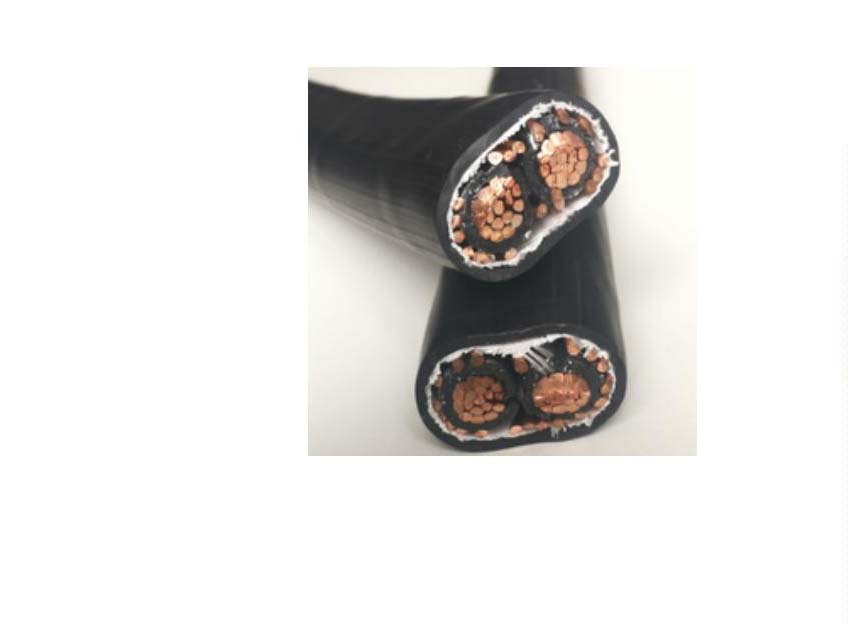
USEB90: “Underground Service Entrance Cable” is typically used to bring power from the utility’s electrical service to the main service panel of a building or residence. USEB cable is typically made up of multiple conductors that are insulated and wrapped in a protective jacket. The conductors are usually made from copper and are color- coded to indicate the specific function of each wire (e.g. black for hot, white for neutral, green for ground).
USEB cable is designed to be buried underground and is typically rated for direct burial in soil. It is also designed to be resistant to moisture, chemicals, and other environmental factors that may be present in an underground environment.
Stranded Vs Solid
Solid Wire: Solid cable is made up of a single solid conductor and is usually copper or aluminum. It is more rigid and less flexiblethan stranded wire, so it is more difficult to bend and shape.
Stranded Wire: Stranded wire is made of several thin wires that are twisted together to form a single conductor. It is typically made of copper or aluminum and is more flexible than solid wire, so it is easier to bend and shape.
Shielded vs Non-Shielded
Shielded Cable: Shielded cable has an outer layer of shielding, (typically metal) which helps to reduce electromagnetic interference or radio frequency interference between cables. The shielding can be made of braided wire, foil, or a combination of both. Shielded cable is generally more expensive and bulkier than non-shielded cable.
Non-shielded Cable: Non-shielded cable does not have an outer layer of shielding and is more susceptible to interference. It’s generally cheaper to purchase and is used in applications where electromagnetic interference doesn’t matter.
Crossroad Energy Solutions provides services to support your industrial facility’s control system. We have a control panel fabrication facility that builds and certifies general-purpose and hazardous-rated control panels. Additionally, our field technicians specialize in Electrical, Instrumentation, and Automation maintenance and construction.
Please contact us for more information
1-877-872-0222
info@crossroadenergy.com

